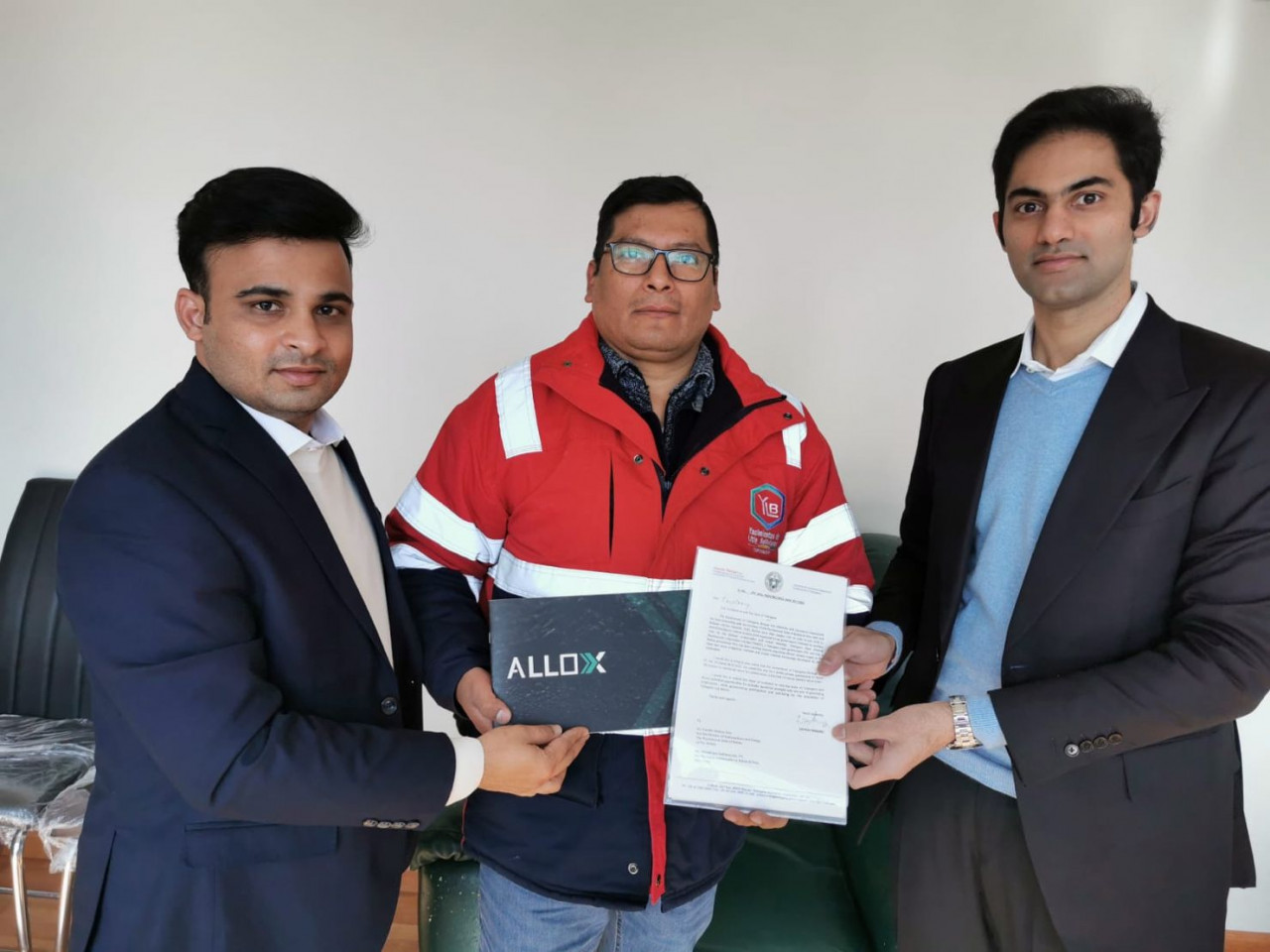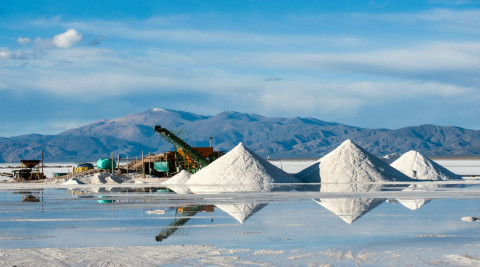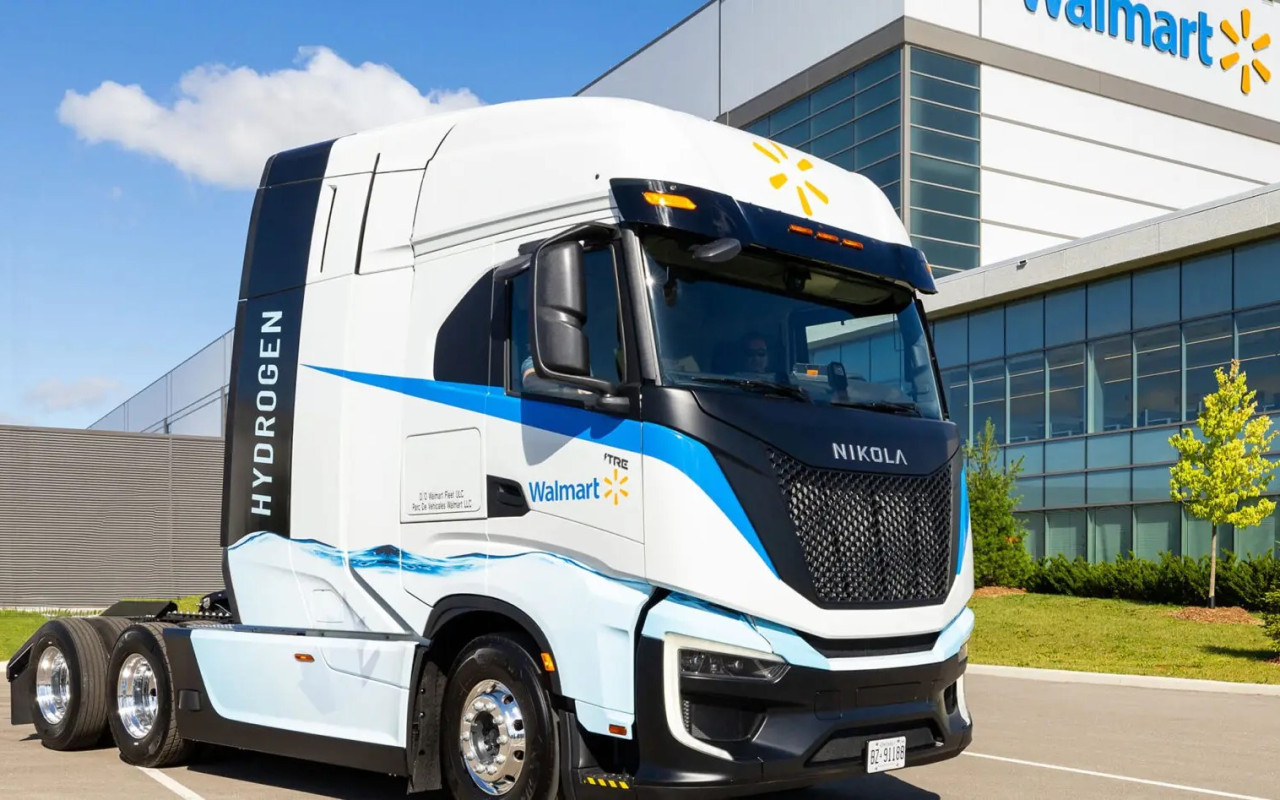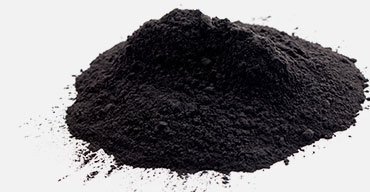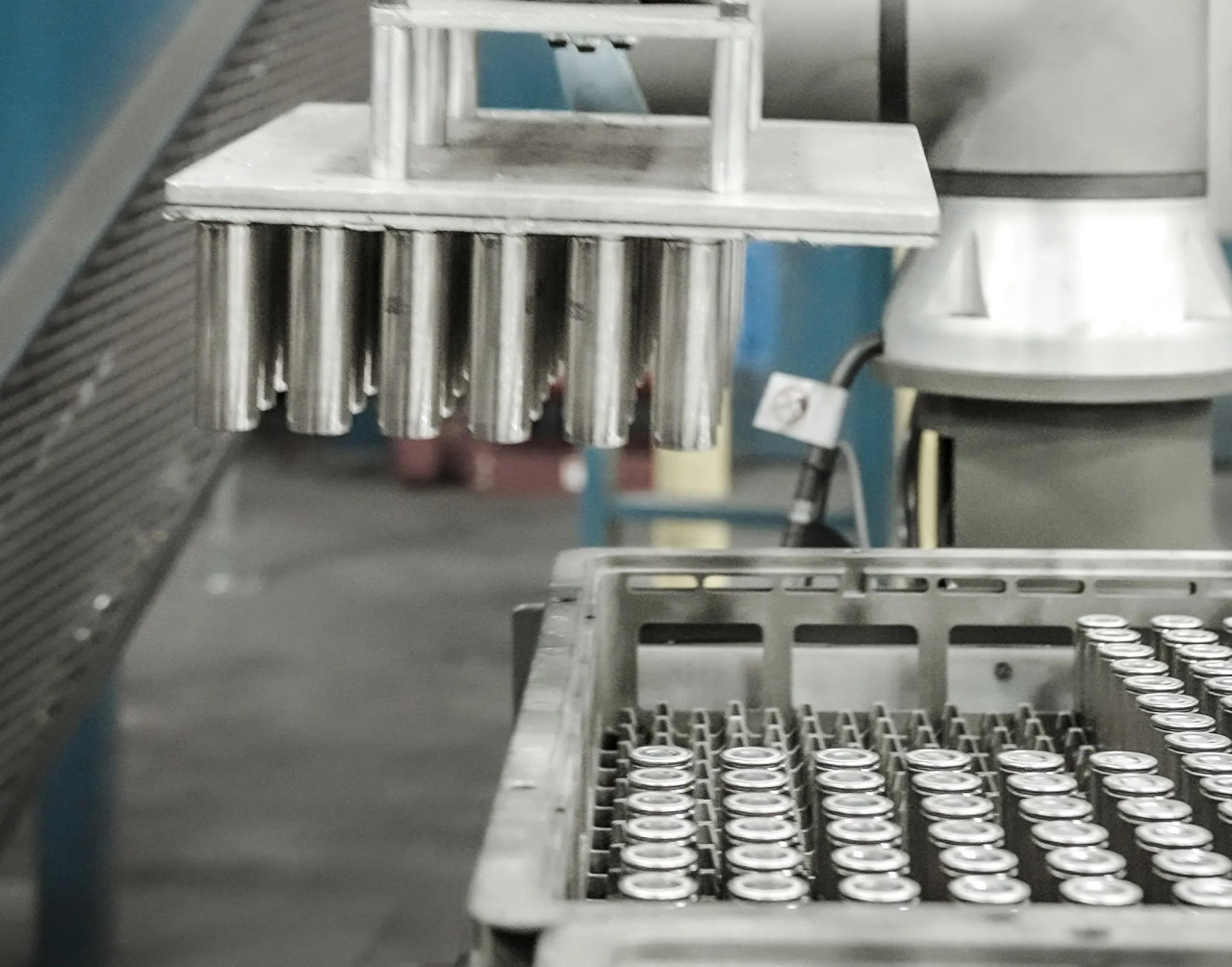4 minutes reading time
(704 words)
ALLOX Advance Materials: Supplying lithium battery materials to Indian manufacturers
ALLOX Advance Materials is an Indian supplier of rare earth minerals in the battery production space. In collaboration with Advanced Research Centre for Powder Metallurgy and New Materials (ARCI), it manufactures Carbon Coated Lithium Iron Phosphate (C-LFP), LTO and continues its R&D for LMFP and other specialty materials for indigenous battery fabrication.
In India, battery manufacturing is more about assembling lithium-ion cells bought from China and other Asian countries, rather than designing and producing them locally from scratch. While most aspects of cell manufacturing are handled easily enough in India, the critical component, the cathode is not, because of unavailability of lithium. The country also lacks the technical expertise for cathode manufacturing.
With extreme farsightedness, Anjani Sri Mourya Sunkavalli and Rajiv Reddy, an industrial engineer, co-founded ALLOX Advance Materials in 2018 as a natural resources company. They source rare minerals by acquiring international mining rights and supply them to India. Allox has already tied up with two companies in Bolivia and Brazil in collaboration with the government of Telangana.
Allox Minerals is Hyderabad-based and it imports quality battery-grade lithium carbonate from its partner mines across South America. In August 2021, a technology agreement was signed between ALLOX Advance Materials and the International Advanced Research Centre for Powder Metallurgy and New Materials. Using the indigenous technology developed by ARCI, the company manufactures better quality C-LFPs and in a more cost effective manner, than the ones imported from China.
Sri Mourya claims that ALLOX is India's leading producer of carbon-coated lithium iron phosphate or LFP, the cathode material in lithium-ion batteries. These LFP batteries are among the most widely used, from EVs to residential batteries to grid-scale applications.
Since NMC - Lithium Nickel Manganese Cobalt Oxide- batteries have excellent energy density, they are the preferred choice for applications that need small storage capacity. However, for larger storage and especially for EVs, LFP is the most suitable cell chemistry with its tolerance of high temperatures.
"Indian OEMs now realize that the LFP battery chemistry is most suitable for India with its multiple weather conditions, especially given its greater thermal stability," explains Sri Mourya. Manufacturing NMCs requires the scarce rare-earth minerals like nickel and cobalt. The LFP chemistry needs only the lithium to be imported; the other components like iron oxide, phosphate and graphite are domestically sourced. LFP is also highly economical.
"Besides C-LFP or carbon-coated LFP, ARCI has developed the technology for making LTO, an anode material called lithium titanate. Experiments are taking place around the world, including in India to combine LFP as a cathode and LTO as an anode. LTO helps to speed up battery charging, and LFP retains that charge and possesses greater energy-holding capacity," adds Sri Mourya. If and when the chemistry works out, it would prove a tremendous advantage for Indian EV OEMs by offering both thermal ability and quick charging.
Mourya said that some of the players who have applied for the PLI scheme have been in touch with them for the supply of lithium titanium oxide (LTO) anode and lithium ferrophosphate (LFP) cathode materials. Since production for advanced storage is still under way and Indian battery makers would require till 2024 to pick up. At which time demand is predicted to be 100,000-150,000 tons per year. This being the case, the demand for C-LFP in India is almost negligible just now, and the company will have to resort to exporting.
"Meanwhile we expect to set up a facility for the production of C-LFPs by Q4 of FY 2023," said Mourya. "Since our supply chain is established we are finalizing designs, vendors and other details. By end 2023 we will be up and running with production of our own battery assembly."
ALLOX has a goal to become the go-to company for any cell fabrication or for other companies that want to produce anode and cathode materials. Currently, the company stands at 500 kg per day capacity in Hyderabad and technology validated for 10 tonnes per day, translating to 1 GWh per annum. ALLOX is also looking for right opportunities to expand to Europe and UK.


